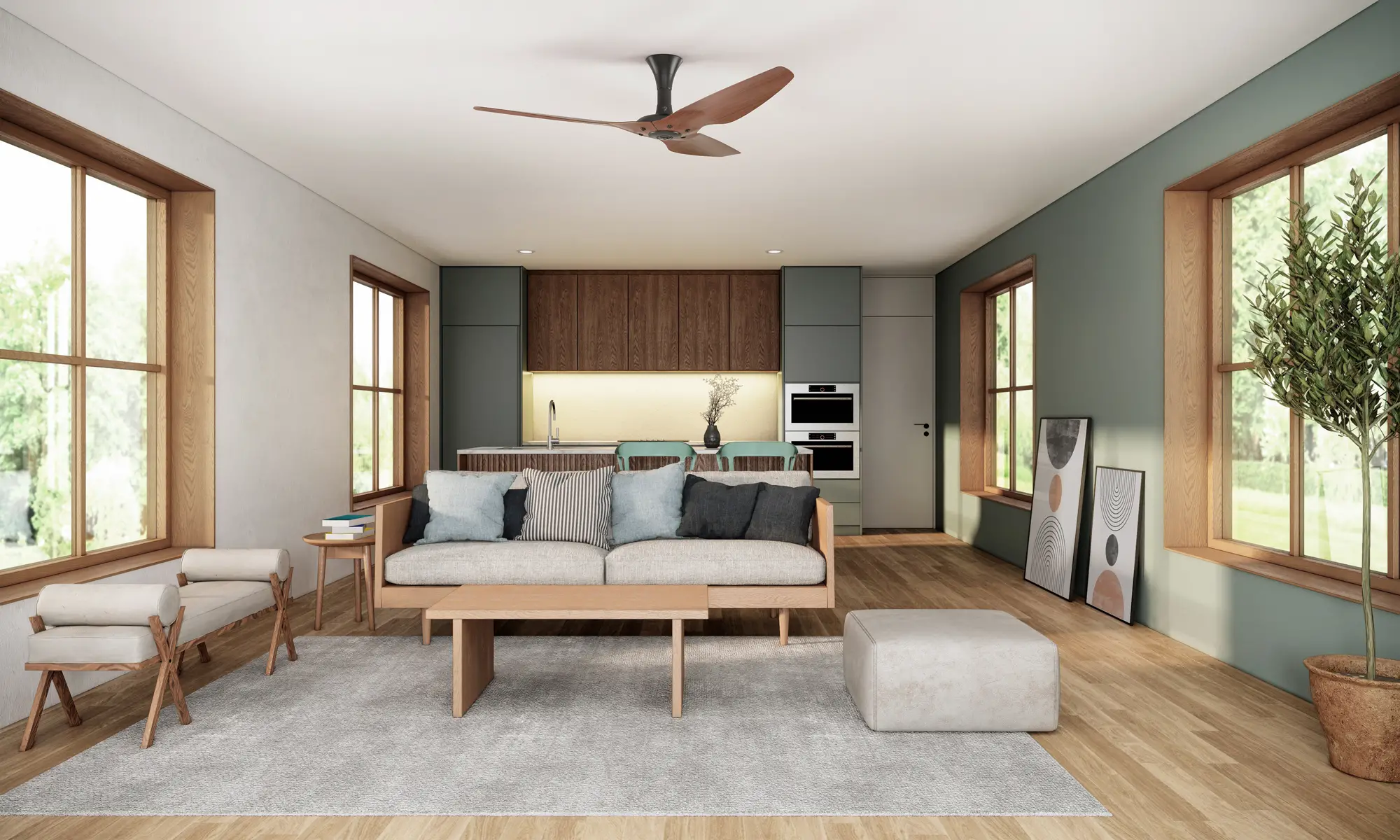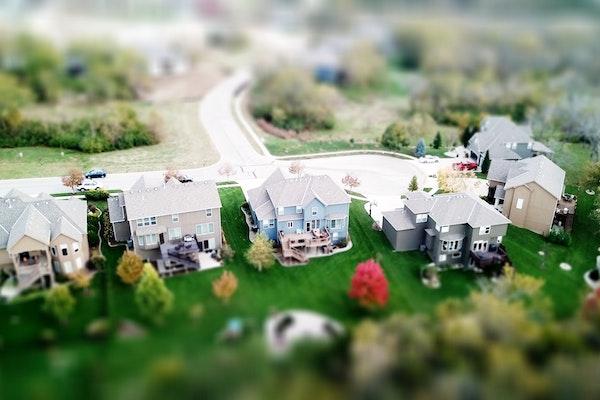Homeowners are constantly looking for ways to reduce energy waste, both to save money and reduce their negative impact on the environment. Whether you’re a homeowner yourself or you’re a contractor working on ways to improve energy savings for your client, here are some of the best energy-saving techniques for urban homeowners dealing with heat:
Use a Window AC Unit Instead of Central AC Where Possible

Central AC isn’t always the most practical choice when it comes to temperature control. If there are spaces in a home that are rarely used or that have temperatures that fluctuate differently than the rest of the living space, you can consider using a wall air conditioner instead of central AC.
Some people find that central AC really isn’t necessary, but that a couple of wall ac units can customize temperature to their needs. If you’re otherwise using a space heater to warm a small area, you’ll find that you save considerably on energy expenditure when using a wall unit. Refurbished units are affordable enough that several can be installed in a home for considerably less than installing central air.
Get a Smaller Fridge and Freezer and Keep Them Full
Freezers and refrigerators are most efficient when they are most full, ideally when there are few temperature fluctuations and the contents remain the same temperature most of the time. Rather than buying a large fridge or freezer which is only kept partially full, consider getting a smaller fridge or freezer and keep it well-organized and full.
Smaller appliances take less energy to run. A fuller fridge and freezer run more efficiently. Be sure to set refrigerator and freezer temperatures to the manufacturer’s recommendation so energy won’t be wasted with excessive cooling.
Be Thoughtful about Lights
As much as 35% of light outside is wasted. Installing good outdoor lighting can reduce energy use by as much as 70%. Not surprisingly, being intelligent about how lights are installed and used is a great way to save energy. Think twice about whether you even need lights outside. Often in the city, there is plenty of ambient light.
Try installing multiple lights with low energy consumption in targeted locations so that homeowners can choose only the light they need instead of turning on bright, wasteful lighting that covers the entire space. Dimmers are also very helpful, allowing homeowners to choose the dimmest effective light level.
Install Double Pane Windows or Use Solar Shades or Tinting Film
Windows let in a lot of heat from the sun and lead to wasted energy as air conditioners struggle to maintain temperature control. On the other hand, the sunlight that comes in through windows can eliminate the need for interior light most of the day.
The perfect solution is to use double pane windows or tinting that enables light to come in but stops windows from heating the home too much. Tinting or shading can be a very affordable option when homeowners don’t want to replace all of their windows.
Install Solar Panels
It’s a shame to miss out on the energy that can be absorbed through solar panels on a roof or patio. Furthermore, these panels will prevent the sun from heating the roof. Solar panels are a no-brainer for city dwellers who want to save money on energy and get free energy at the same time.
Save Energy and Live Well
These tips can help you to save a lot of energy in hot city homes and apartments. Whether you’re a homeowner yourself or you’re working with a client, think outside of the box to choose energy-saving techniques that will work for your space.






